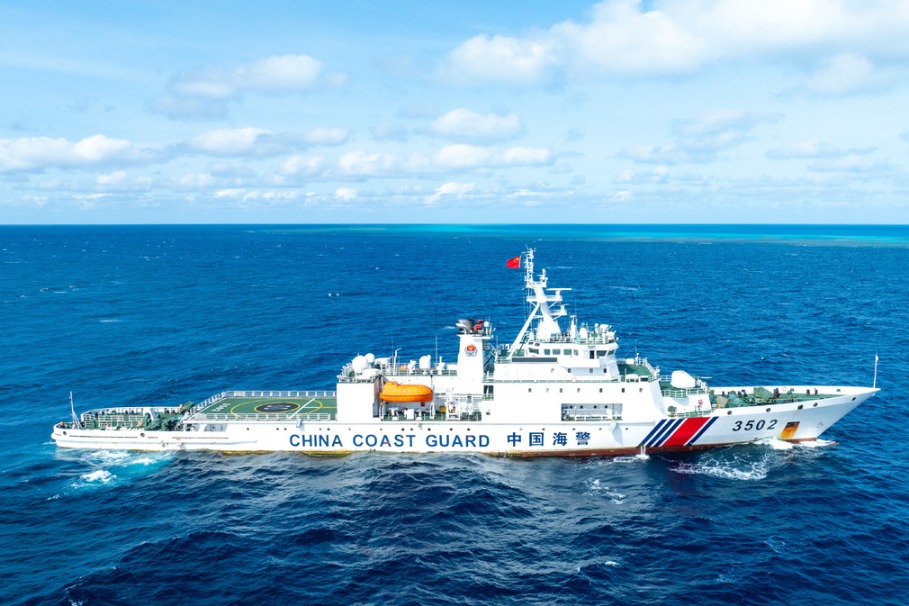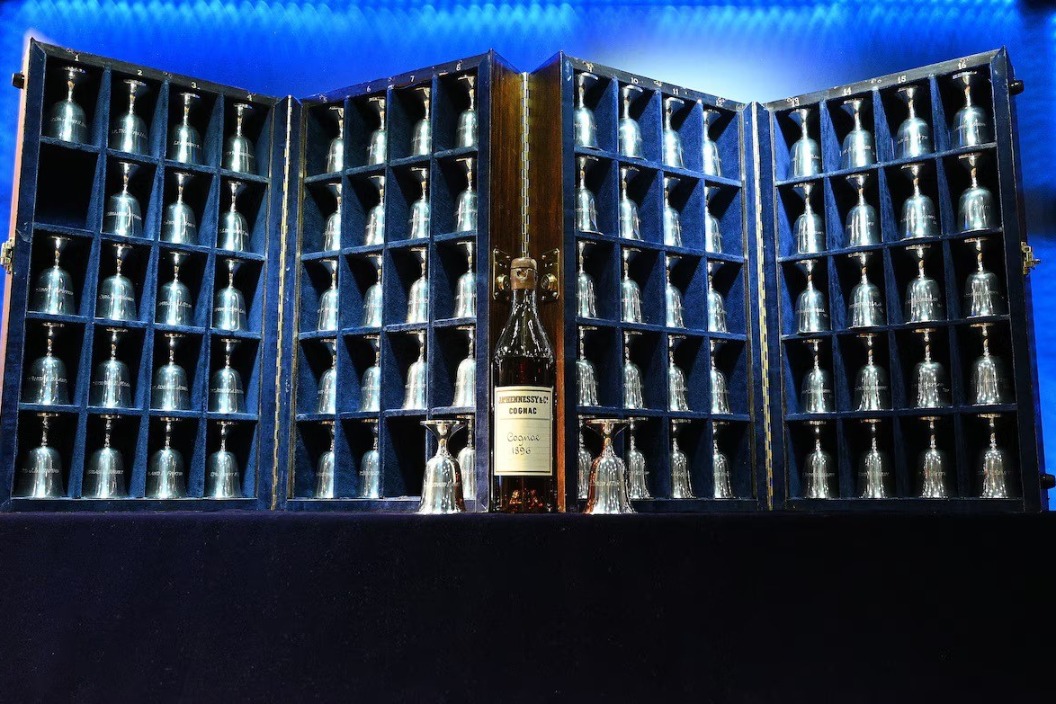Domestic breast cancer therapy shows promise

A homegrown breast cancer therapy has shown promising efficacy and safety in a clinical trial announced on Wednesday by researchers in Shanghai.
Results from the phase II, multicenter randomized clinical trial in China mark a potential breakthrough in neoadjuvant treatment for HER2-positive breast cancer, which accounts for about 20 percent of all cases and is known for its aggressiveness and high risk of recurrence, said Shao Zhimin, lead researcher of the study and director of general surgery at Fudan University Shanghai Cancer Center.
The study focused on TQB2102, a novel HER2-targeting antibody-drug conjugate developed by Chinese researchers. The therapy showed a pathological complete response rate of about 77 percent in patients with early and locally advanced HER2-positive breast cancer, along with a favorable safety profile.
A paper on the trial was published on Tuesday in the Journal of Clinical Oncology, the official journal of the American Society of Clinical Oncology.
Traditional neoadjuvant treatment for this subtype typically combines taxane and platinum-based chemotherapy with other drugs to make surgery possible. But resistance and suboptimal responses remain challenges, driving demand for more effective targeted therapies such as ADCs, often described by experts as "magic bullets" against tumors.
"Our research into domestically developed innovative drugs offers a crucial opportunity to overcome such treatment barriers. Through ongoing clinical research, we aim to develop more effective and accessible treatment options for HER2-positive breast cancer patients," said Shao, who is also the chief expert of the breast tumor multidisciplinary team at Fudan University Shanghai Cancer Center.
TQB2102 is a dual-epitope HER2 antibody-drug conjugate designed to bind two different targets on the HER2 protein, giving it a structural advantage over traditional HER2-targeted therapies.
"This dual-binding mechanism enhances precision in targeting tumor cells while minimizing damage to normal cells, achieving a 'targeted explosion' effect," said Li Junjie, first author of the paper. Earlier phase I trial results showed an objective response rate of more than 41 percent in various solid tumors, he added.
The phase II trial involved five major centers across China and included diverse groups of HER2-positive patients. The results showed a pathological complete response rate as high as 73 percent with TQB2102 as monotherapy, outperforming previous outcomes from single-epitope drugs. In a particularly difficult subgroup, where earlier therapies achieved only 12.5 percent complete response, the new drug pushed the rate to more than 33 percent.
Shao said the team plans to move forward with a phase III trial to validate the findings and further explore the therapy's potential in treating advanced HER2-positive breast cancer.
"Our goal is to leverage this innovative domestic drug to enhance survival outcomes for more patients and boost China's international standing in breast cancer treatment," he said.





































